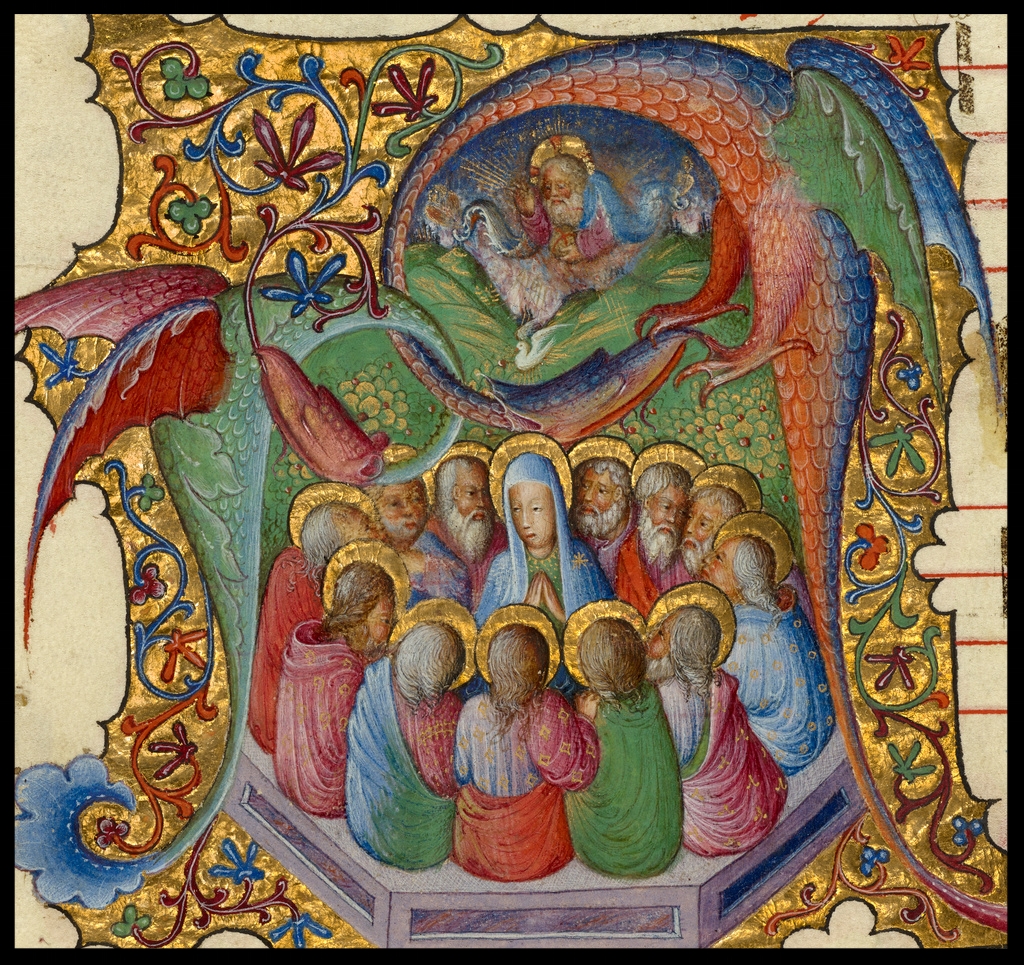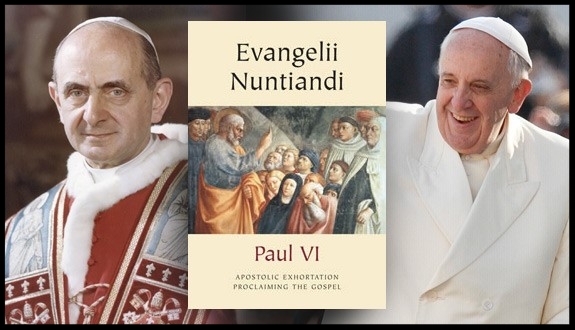Should the Church get involved in politics? Many people say, “No way.” “Religion and politics don’t mix.” Others disagree. A religion, they say, that is unwilling to leave the four walls of the church and go out into the public square is irrelevant to real life. Whenever fundamental moral issues are at stake, these people maintain, the Church must get involved. Otherwise the Church risks being untrue to its Lord and his message.
But which political issues actually do involve moral issues important enough to justify the Church’s involvement? Is capital punishment such an issue? What about the decision of our government to arrest, detain and separate immigrant families from their children who attempt to cross our borders illegally? Pope Francis is opposed to both. So are the American bishops. What about issues that touch upon the nitty gritty and often contentious area of tax reform? While the common good of any nation is often dependent on its ability to provide for its citizens through income derived from taxation, the intricacies of various plans allow for legitimate differences among people of good will. Hence, I would be extremely suspect of anyone, let alone a Bishop in the Church, who might state, “This is THE Catholic approach to tax reform!” While it is the Church’s role to articulate general moral principles that speak of a nation’s responsibility to insure the common good, it is left to knowledgeable elected officials, economists and experts in taxation, to work out the specifics of a fair and equitable taxation policy for a nation.
Our first reading today introduces a religious figure who was severely condemned for involvement in politics. Like his countryman, Jesus, centuries later, Amos was a layman with no professional training for religious office. “I was no prophet nor have I belonged to the company of prophets,” Amos told the priest in charge of the sanctuary at Bethel. God called Amos while he was still a shepherd and farmer, and commanded him: “Go, prophesy to my people Israel.”
God gave Amos no crystal ball to predict the future. That is not the prophet’s task. Instead Amos, like all true prophets, was summoned to speak “a word of the Lord” to the people of his day: to warn, to admonish, to rebuke, and to encourage. As a simple countryman, living close to nature, Amos was scandalized by his glimpses of city life during his visits to market. He records what he saw there: wealthy, callous plutocrats, overfed and over-housed, spending their time thinking up new ways to amuse and enrich themselves. Meanwhile poor peasants like Amos, burdened with debt, could be sold into slavery for the price of a pair of sandals.
Amos saw this glaring social injustice compounded at the religious sanctuaries. There he found prosperous worshipers rejoicing in their good fortune, which they interpreted as proof of God’s favor. To this rotten and decaying society, the official prophets and priests had nothing to say but what a later prophet, Isaiah, would call “smooth words and seductive visions” (Is. 30:10) — rather like certain religious speakers at prayer breakfasts of political and business leaders today.
Without mincing his words, Amos pronounced his society ripe for God’s judgment. Here is a sample of his message: “Hear this, you who trample upon the needy ... ‘When will the new moon be over,’ you ask, ‘that we may sell our grain? ...We will fix our scales for cheating! We will buy the poor man for a pair of sandals; even the refuse of the wheat we will sell!’ The Lord has sworn ... Never will I forget a thing they have done! ... I will turn your feasts into mourning and all your songs into lamentation.” (Amos 8:4-10) Those are strong words. No wonder that the priest, Amaziah, roundly condemned Amos for this unwelcome message, and for daring to speak at all in a place of religious pilgrimage without permission. With the contempt of the religious functionary for the upstart outsider Amaziah tells Amos: “Off with you, visionary ... Never again prophesy in Bethel; for it is the king’s sanctuary and a royal temple.”
In the gospel we heard Jesus telling his disciples they would face similar rejection, and how to behave when they did: “Whatever place does not welcome you or listen to you, leave there and shake the dust off your feet in testimony against them.” Rejection was sure to come because of the message Jesus gave them. “They went off,” the gospel says, “and preached repentance.” Repentance is never a popular message. In the Bible, the word means more than regret for past actions which we see, by hindsight, were wrong. Repentance means a fundamental change of direction. It means turning around from self to God. Repentance means putting God at the center of life rather than somewhere out on the fringe.
If Amos were to come back today, what are some of the things he would denounce in our society and tell us we needed to repent of? Here is a short list.
One which was often mentioned by our late Holy Father, Pope John Paul II, is consumerism. This is the false idea that we can buy happiness by amassing more and more possessions. A whole industry exists to promote this idea: advertising. Advertising which tells us where we can get things we need, at prices we can afford, is useful. But advertising designed to kindle desire for things we never knew we needed until we saw the ad is questionable at least.
Something else which cries out for repentance is hedonism: the mindless philosophy that says, “If it feels good, do it.” Hedonism wrecks lives, relationships, and marriages, every day.
We need to repent also of the hard-hearted selfishness which ignores the needs of the poor and oppressed in our midst; or which thinks that our obligation to them can be discharged by gifts to charity from our surplus goods, with no examination of unjust conditions in society that cause poverty and oppression.
We need to repent too of an over-spiritualized religion which is concerned only with saying prayers and getting into heaven; and which ignores the challenge which Jesus gave us in his model prayer: “Your will be done on earth as it is in heaven.” Those words challenge us to build colonies of heaven here on earth — by living not just for ourselves, but for God and for others.
That is a short though incomplete list of the demons mentioned at the end of our gospel reading against which Jesus sends us today. Demons so powerful, and so pervasive, can be driven out by one thing alone: repentance. And the repentance to which Jesus summons us is not somewhere else, tomorrow. It is here, and it is now. And repentance begins not with someone else. If it is to begin at all, repentance must begin with ourselves.


















